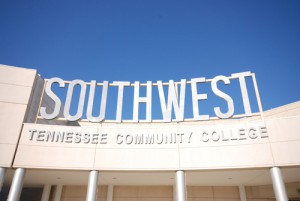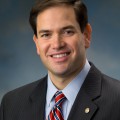 In an attempt to help students who are struggling to afford college, Tennessee Gov. Bill Haslam has proposed offering the state’s high school graduates two free years of community college.
In an attempt to help students who are struggling to afford college, Tennessee Gov. Bill Haslam has proposed offering the state’s high school graduates two free years of community college.
The Tennessee Promise proposal would be funded, under the governor’s proposal, from the state lottery.
“We are committed to making a clear statement to families that education beyond high school is a priority in the state of Tennessee,” Haslam said in his State of the Union address. “We are fighting the rising cost of higher education and we are raising our expectations as a state.”
The affordability of college is an issue nationwide. President Barack Obama has pushed the debate onto the front burner and experts within the higher education industry – as well as pundits outside the system – have called for sweeping changes to the college business model.
For students, the proliferation of online courses has offered another method to attain education at a lower cost or in a way that classes can be taken while the student still works. But overall, the rising cost of education has placed more of the financial burden on students.
Tennessee’s attempt to address the issue offers a look into the difficulties it will take to change the university system at the local level, where eventually officials will have to be convinced to make changes.
Haslam’s proposal would make Tennessee the only state to offer free community and technical college classes, according to the Memphis Commercial Appeal newspaper. There are currently about 89,729 community college students in Tennessee.
Offering free education for two years at community or technical colleges would cost the state about $34 million a year initially.
The governor is proposing the plan as part of his “Drive to 55” plan in which he hopes to increase the number of Tennesseans graduating from college from 32% of the population to 55% of the population.
In an interview with the Commercial Appeal, University of Tennessee president Joe DiPietro said that while he supports Haslam’s drive to have more college graduates from the Volunteer State, he is concerned that the Tennessee Promise plan could draw students away from the University of Tennessee’s six regional campuses into community colleges. He said a free associate’s degree “might be a little more appealing.”
There are outspoken critics to the plan, including U.S. Rep. Steve Cohen, D-Memphis, who is the person who put together the Tennessee lottery in the first place. He has said the governor’s proposal will discourage enrollment in the state’s university system.
For his part, Haslam told the editorial board at the Nashville Tennessean recently that, “I honestly feel like we need something that’s a game-changer in terms of expectations around education in Tennessee.”





